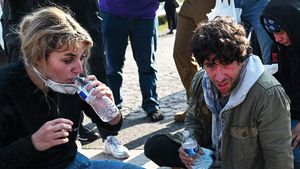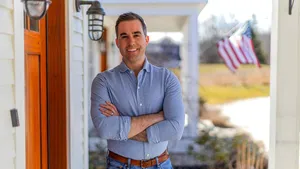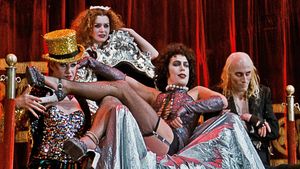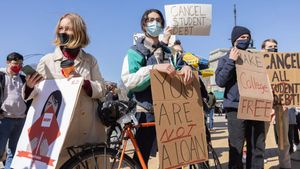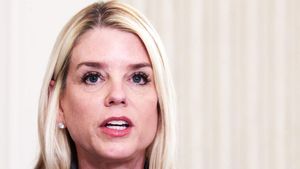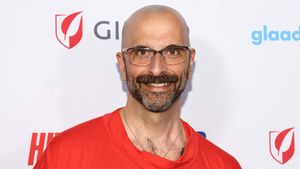On the heels of the historic election less than a month ago, I continue to be amazed at the range of emotions I've been experiencing'from elation when it was clear Barack Obama was our new president to melancholy the very next day. Pundits and columnists warned about post-election blues, and at first I thought this might be what I was experiencing. But even having heeded their words of caution, I found myself slipping into a depression. And I wasn't really sure why. As usual, I first resorted to my most familiar defense: minimizing, coupled with a slew of 'oughts,' as in I 'ought' to be happy and that feelings contrasting with this happiness were somehow invalid. I spoke with friends and saw my therapist, and Igradually realized that I was being hurt by something else that happened on Election Day -- the passage of Proposition 8 in California. This divisive ballot initiative, approved by voters by a 52% to 48% margin, stripped marriage rights away from gay men and lesbians that had previously guaranteed by the state supreme court. The public, by a small majority, voted that I, along with my gay and lesbian brothers and sisters, are essentially second-class citizens not worthy of the rights that straight men and women enjoy. It's disturbing when fellow citizens vote to take civil rights away from a minority group. But for me, it also was somehow familiar. It didn't feel like a new layer of hatred and oppression that California's voters had created, but rather a repeat performance of the bigotry and discrimination I have faced throughout my life. What I realized at that moment, and what I continue to believe now, is that
Prop 8 served as a catalyst for me -- a painful reminder of instances where my family, my church, or my government made me feel that I was vile and undeserving of basic human rights. I know not all of HIV Plus's readers are gay. But I do know enough about the demographics of our shared virus that HIVers tend to be minorities of one type or another. Sadly, we all can relate to discrimination, hatred, and bigotry. But the most dangerous aspect of others' bigotry is not their self-evident hatred and condemnation but their ability to convince us that they're right about us. And I started to wonder if I was starting to believe what the California voters said about me. I started asking myself, How have these messages affected me? And further, What actions can I take in the here and now to challenge their validity? On November 15 people throughout the country, in the expected places like New York, Los Angeles, and Chicago but also such less likely spots like Duluth, Minn., Jacksonville, Fla., Buffalo, N.Y., and hundreds of others, protested the passage of Prop. 8. I attended the rally in downtown Chicago. It was remarkable, moving, and inspiring. It energized me. I reveled in being surrounded by people who were as passionate and angry as I was, and who were doing something positive with that energy. Then it clicked. I could either ruminate endlessly on the hurts and injustices I've experienced or I could do something about it. Endless rumination doesn't necessarily make one feel better. Taking action usually does. Attending the rally didn't fix everything for me. Depression will continue to be something I live with, and there's no panacea that will take it away forever forever. But since attending that rally, I've been reminded that I am not powerless. I am not a victim. And that makes me smile.




























